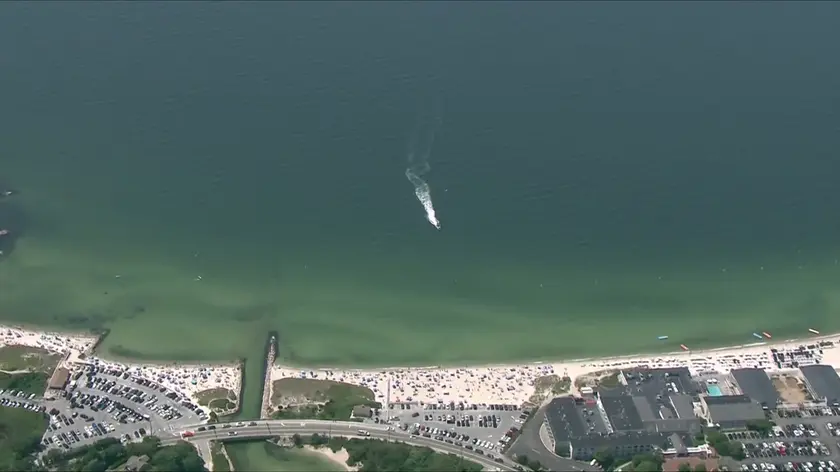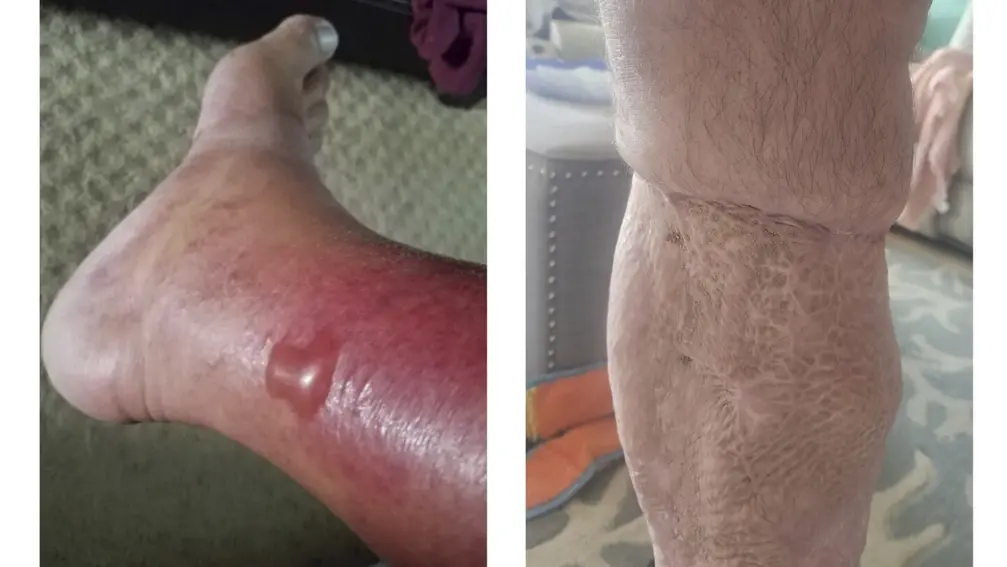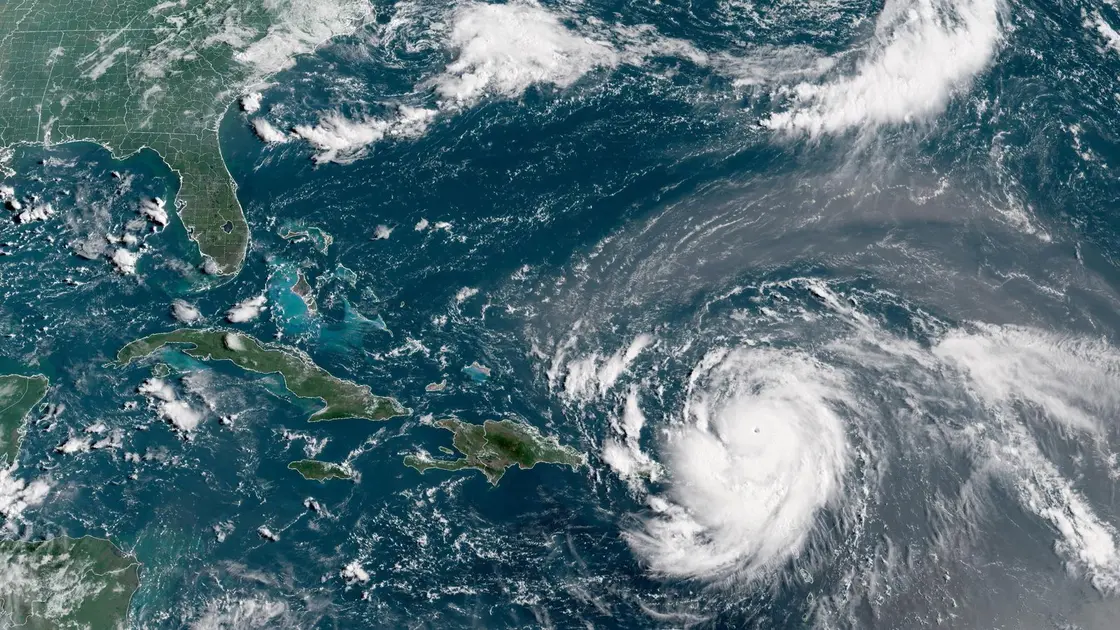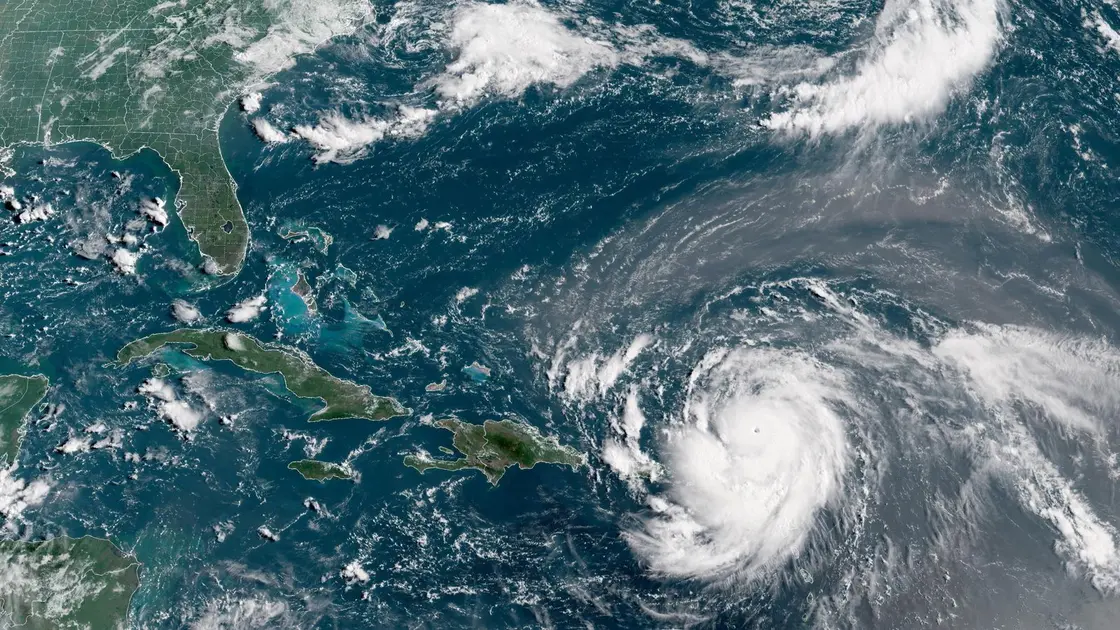T4K3.news
Vibrio warning issued for Cape Cod waters
Health officials warn of Vibrio vulnificus risk linked to warm coastal waters and advise wound care and shellfish caution.

Coastal health officials warn that rising temperatures boost Vibrio vulnificus risk, prompting precautions for swimmers and shellfish consumers.
Vibrio risk grows as Cape Cod waters warm
An older swimmer who had an exposed wound contracted Vibrio vulnificus after swimming at Old Silver Beach in Falmouth on Friday. The beach remains open while health officials assess the case. The Massachusetts Department of Public Health issued a warning about Vibrio bacteria in warm coastal waters, asking residents and visitors to take precautions. The illness is rare in Massachusetts but this case is part of a recent pattern that includes seven confirmed MA residents over several years, with some exposures believed to occur in state waters.
Vibrio vulnificus lives in warm salt or brackish waters and can cause severe infections, including necrotizing fasciitis. Health officials stress that people with open wounds, liver disease, diabetes, or weakened immune systems are at higher risk, and infections can spread through the bloodstream in severe cases. Most infections in Massachusetts come from eating contaminated shellfish, but infections from swimming have also been reported. The general season peaks from May through October, and warmer water may extend this period. Water cannot be tested for this bacterium, so precautions and proper wound care remain the main defense. From 2015 to 2024, Massachusetts averaged 88 Vibrio infections per year; 62 in 2020 and 127 in 2024; most cases stem from shellfish.
Key Takeaways
"Cape Cod beaches are an important part of our economy, culture, and community."
Scott McGann on the beaches' role in the town
"Heat waves and above-average water surface temperatures create favorable conditions for Vibrio bacteria to grow."
Robbie Goldstein on climate link to Vibrio growth
"People with open wounds who spend time in the water can develop an infection when the bacteria enter the body."
Public health guidance on risk factors
"Vibrio bacteria normally live in warm, salt or brackish waters along the Atlantic coast."
General habitat description from health officials
Climate change is shifting the risk map for Vibrio by lifting ocean temperatures, extending the window when the bacteria can thrive along the Atlantic coast. Officials must balance urgent warnings with clear, practical guidance so visitors, many new to Cape Cod summers, can take simple steps without alarm.
The economic thread of Cape Cod—the beaches, tourism, and seafood industry—faces a subtle test when health advisories appear. Authorities should consider targeted signage, outreach for vulnerable groups, and accessible guidance on wound care and safe shellfish practices. The case also highlights the need for stronger data sharing and long term planning to prepare for climate related health threats in coastal communities.
Highlights
- Cape Cod beaches are an important part of our economy, culture, and community.
- Heat waves and above-average water surface temperatures create favorable conditions for Vibrio bacteria to grow.
- Open wounds in the water can lead to infection.
- Vibrio bacteria normally live in warm, salt or brackish waters along the Atlantic coast.
Public health risk from Vibrio in coastal waters
Rising water temperatures increase Vibrio vulnificus growth, creating rare but serious infections that can be life threatening for vulnerable people. Officials warn residents and visitors and stress precautions for wounds and shellfish safety.
As seas warm, practical precautions keep coastal life safe
Enjoyed this? Let your friends know!
Related News

Cape Cod swimmer infected with rare Vibrio bacteria

Vibrio vulnificus case detected at Buzzards Bay beach

Vibrio risk rises with warmer seas

Vibrio vulnificus health alert

Vibrio vulnificus warning issued for coastal waters

Hurricane Erin Category 5 reached

Massachusetts health warning on Vibrio bacteria

Hurricane Erin Threat Grows
